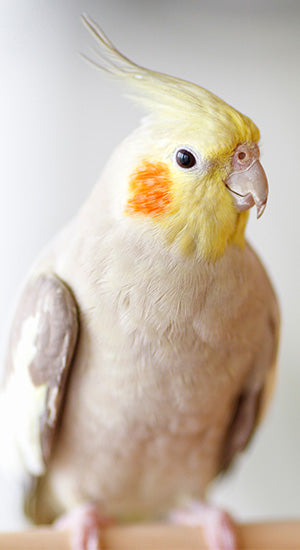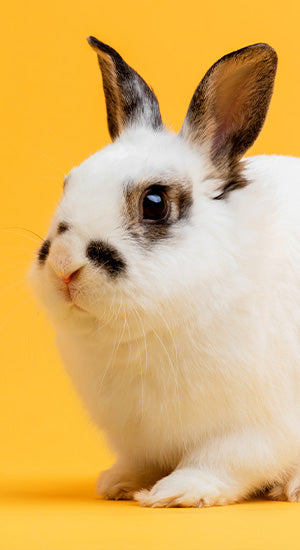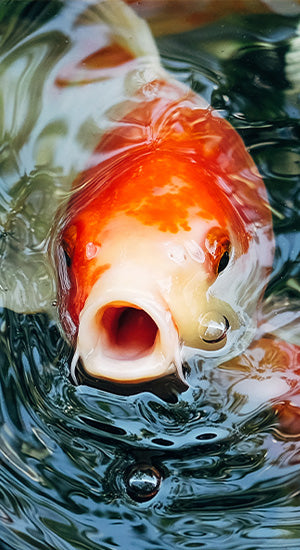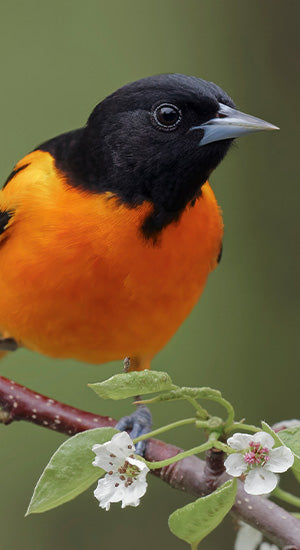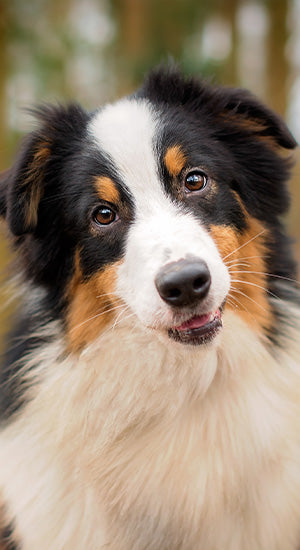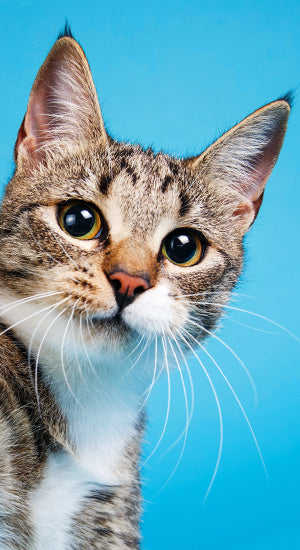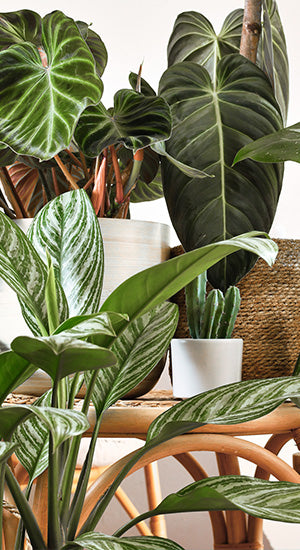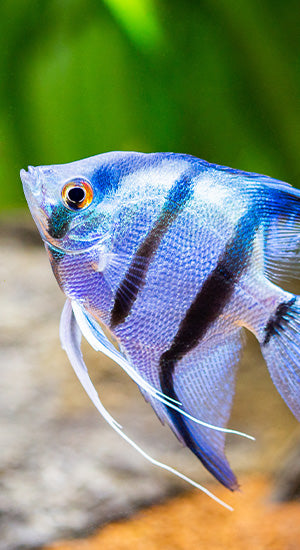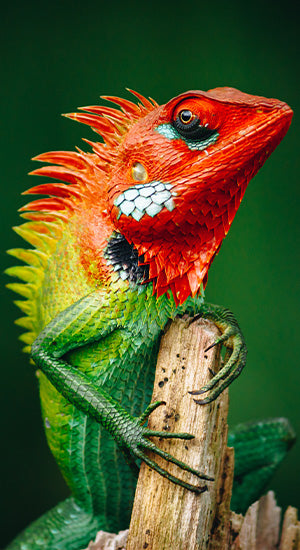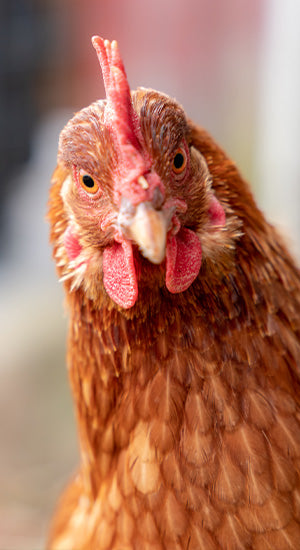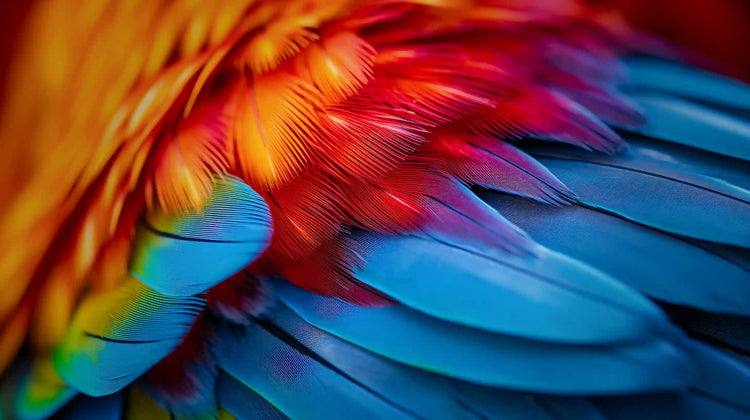Dangerous Foods To Birds
Foods that are dangerous to birds include onions, mushrooms, avocado, guacamole, chocolate, cocoa, alcohol, caffeine, the pits of apricots, peaches, plums, prunes, and seeds of the cherimoya fruit, apple seeds, as well as foods containing large amounts of salt, sugar, grease, preservatives, artificial coloring, and other additives. Moldy foods and under-cooked or raw meat should be avoided as well. Birds are also lactose intolerant so milk products should be limited to very small amounts of cheese and yogurt. Peanuts in the shell can be contaminated with Aspergillus fungus, which can cause respiratory illness as well as producing a toxin (aflatoxin, a potent carcinogen).
Grit is not necessary for parrots and can cause impaction of the digestive system.
Polytetrafluoroethylene (Teflon)
PTFE treated products, such as Teflon and other name brands of non-stick cookware kill birds by releasing odorless, deadly gases when overheated. PTFE is used in some space heaters, ranges, ovens, stove-top burner bibs or liners, heat lamps, irons, griddles, bread makers, woks, waffle makers, electric skillets, crock pots, popcorn poppers, coffee makers, roasters, curling irons, hair dryers, and more. Check labels before purchasing these items.
Self Cleaning Ovens
Self cleaning ovens use extremely high heat to burn off oven debris, and in the process create toxic fumes that can harm or kill parrots.
Cooking Bags
Cooking bags, especially those treated with PTFE emit harmful fumes during cooking that can kill birds. Any substance that releases smoke and/or fumes when heated should be avoided.
Kitchens
Kitchens, especially when cooking is in progress, are unsafe for birds. The hazards of open flames, hot stoves, open pots of hot food or boiling water are as deadly as smoke or other toxic fumes. Dishwashers can be extremely toxic if a plastic item falls into a heating element during the dry cycle.
Floors
Some birds love to walk on the floor and pick up carpet yarn, lick dust, or just march around on the floor. You don't want to step on your feathered friend, so watch where you walk. Recliners or sofas chairs that revolve or recline can also pose a danger to birds. The bird may be walking under the foot-rest and if you should pull it back upright suddenly without looking, you may squash your bird in between the foot-rest of the chair.
Imported Ceramic Crocks
Imported ceramic crocks often contain toxic metals that can leach into bird food and water. Stainless steel, Pyrex and other glass is safer to use.
Transparent and Reflective Surfaces
Transparent and reflective surfaces like glass windows doors, and mirrors should be shown to flighted birds. Many birds can be trained to avoid large expanses of glass by repeatedly holding the bird on your hand and imitating flight toward the glass and then lightly pressing their beak, feet, and body against the surfaces. Decals can be used as a visible reminder. Blinds or curtains can also protect your bird from flying into window glass
Ceiling Fans
Ceiling fans should not be turned on in homes with flighted birds.
Cold & Drafts
Keep the bird away from drafty doors, windows, and fans since they easily can become sick if a draft blows on them. A draft is different from just cold air. It cuts a path through warmer air. This is what is hard on birds. If your bird is near a window, make sure it's well insulated. To check it, hold your hand around the edges of the glass to feel for any "threads" of cooler air. Do this a number of times, particularly when it is windy outside, to make sure you haven't missed a drafty spot.
Heat Stroke
Even though many of our birds originate from very warm climates, over exposure to heat can be very harmful. If they are left in the sun with no place to escape the heat, they could easily become dehydrated and die. If you want to take your bird out for some fresh air, do not leave him out for long periods of time. As the sun goes across the sky, your bird may become trapped in direct sunlight. Also, you should never leave your bird alone in a vehicle in warm weather.
Halogen Light Fixtures
Halogen light fixtures create extreme heat and can kill birds that land on them. Choose only bird-safe light fixtures for your home.
Metals
Zinc, lead, copper, and iron can cause metal toxicosis if ingested by birds. Some sources include house keys, (especially gold colored keys), galvanized wire, lead-based paints, metallic paints, paints containing zinc, linoleum, vinyl mini-blinds, foil, lead weights, bells with lead clappers, stained glass, some improperly-glazed ceramics, costume jewelry, mirror backing, copper pennies, zinc oxide, artist paints containing cadmium, and cardboard or paper with high gloss inks. Aviary wire treated with zinc is also dangerous.
Quik-Stop
Quik-Stop and other styptic products should never be applied to avian skin. They are safe for bleeding toenails when broken or cut too short, but they destroy skin. For broken or pulled blood feathers, either cornstarch or flour are safer. Aloe gel can be applied first to help the flour or cornstarch to adhere to the wound and to help with pain and healing.
Cats
Cats (and many other pets) are a danger to birds. Cats commonly have Pasteurella bacteria as part of their natural flora. Even if your cat just bats your bird with its paw or gets saliva on your bird, you could end up with a dead bird. The slightest cat scratch can infect birds with the Pasteurella bacteria and immediate vet treatment is required to save the bird's life. Never allow birds to interact with ANY pet without close supervision.
Flea Collars and Sprays
Flea collars and sprays for dogs and cats emit toxins into the air and should not be used in bird homes. Lice shampoo also contains dangerous toxins and should never be used on birds.
Litter
Litter made of walnut shells or corn cobs can cause life-threatening impaction if ingested by your birds. They also harbor fungal spores and mold when soiled or wet. Newspaper is safer.
Wing Clips
Wing clips should be checked routinely each month to prevent flight-related accidents. Wing-clipped birds can often fly well enough outside with the natural air currents so they should be protected by a harness, leash, or carrier when taken outside.
Other Dangers
Other dangers to birds are open windows and doors, hot pots and stove burners, open containers of water (sinks, toilets, tubs, boiling water), glue guns, hot tea or coffee, cigarettes, poisonous or thorny houseplants, electrical wires, medication, insect bait traps, and many other toxic substances.
Toys
Toys, both new and used, should be cleaned and examined for loose parts that could lodge in a bird's throat. Loose strings and threads can trap and cut off circulation to necks, wings, legs, and toes. Use only stainless steel, or nickel plated (not zinc) quick links as toy fasteners and never use strings, chains or ropes long enough to wrap around a birds' neck or other body parts. Also to be sure to tightly close all the quick links on the toys. If left open they can get caught in their beak.
Wood Shavings
Wood shavings such as cedar and redwood are toxic to birds and cannot be used in cages, aviaries, or nest boxes. Newspaper is a safe cage liner and pine or aspen shavings are safer nest box substrate.
Pressure Treated Lumber
Pressure treated lumber, conventional plywood, and particle board contain a variety of toxic substances. Untreated pine boards are a safer choice.
Houseplants
Houseplants and fertilizer including "fertilizer spikes" can poison birds so they should be kept out of their reach. Some of the most common poisonous houseplants are azalea, oleander, castor bean, sago palm, yew plants, dieffenbachia (dumb cane), asparagus fern, daffodils, flower bulbs, mistletoe, poinsettia, philodendron, and potato sprouts or "eyes". Choose only non-poisonous plants for bird homes.
Pesticide Sprays, No-Pest Strips, and Foggers
Pesticide sprays, no-pest strips and foggers, poison the air and can kill birds. Safer solutions are roach traps, ant bait, and other solid insect poisons that can be safely secured in the back of cabinets and other areas that are inaccessible to birds.
Sticky Strips
Sticky strips for flying insects should always be enclosed in old cages or other containers accessible to insects but out of the reach of birds and other pets. Citrus oil or peanut butter can be used to safely remove sticky substances from feathers.
Cigarettes, Cigars, Pipes, and Other Smoking Substances
Cigarettes, cigars, pipes, and other smoking substances should never be used in air space shared by birds. Passive inhalation of smoke, including smoke from burning incense, damages the sensitive avian respiratory system, eyes and skin. Nicotine can settle on perches and other cage surfaces and cause the self-mutilation of feet and legs in sensitive birds, especially Amazon parrots.
Essential Oils
Essential oils and potpourri oils should never be used in the breathing space of parrots. Perfume, hairspray, and other aerosolized grooming products can damage the avian respiratory system.
Air Fresheners
Air fresheners, including plug-in air fresheners and scented sprays are considered unsafe. Bird deaths from using Febreze in the home have been reported so until new research proves it safe, do not use it in bird homes. To safely freshen the air, simmer spices like cinnamon, cloves, vanilla, and citrus rinds and provide fresh outdoor air whenever possible.
Scented Candles
Scented candles release toxins when burned, so only unscented candles should be used in bird homes. (Be aware of the open flame). Beeswax candles are generally safe and unscented unless they are imported and contain lead wicks.
Carpet Powders and Sprays
Carpet powders and sprays such as Carpet Fresh, as well as similar treatments for upholstery (like Febreze), often contain toxins which are dispersed into the air when they are vacuumed so they should never be used in bird homes. Carpets can be cleaned safely with solutions of water and baking soda, vinegar, or Grapefruit Seed Extract.
Cleaning and Disinfecting Products
Cleaning and disinfecting products like pine oil, ammonia, mold and mildew cleaners, toilet bowl cleaners, drain cleaners, furniture polish, oven cleaners, dishwasher detergents, furniture polish, car cleaning products, and laundry products, including bleach, can irritate or burn the skin, eyes and respiratory tract of birds when used in their air space. Spray starch is also toxic to birds.
Home Improvement Products
Home improvement products that create fumes include fresh paint, new carpet, drapes, furniture and flooring that uses toxic glues. The out-gassing of toxic chemicals from new furnishings, paints, solvents, adhesives, various finishes, and other building materials are sometimes described as the "new smell" and can damage the avian respiratory system.
Mold
Mold on food or in the air is dangerous to parrots. Aspergillus mold can cause the deadly disease, aspergillosis. It can grow on improperly handled and stored foods, especially grains such as corn. Excessive moisture in bathrooms promotes the growth of various molds in homes.
Carbon Monoxide
Carbon monoxide is an odorless, colorless, tasteless gas produced by furnaces and other heaters. Birds in poorly ventilated, heated areas are at high risk of carbon monoxide poisoning. It robs the blood of oxygen and can be particularly harmful to animals and humans with heart ailments when inhaled at levels often found indoors.
Medication
Medication and natural remedies containing tea tree oil, which contains the oil of the melaleuca tree, as well as all over-the-counter medications should be kept out of the reach of parrots.

